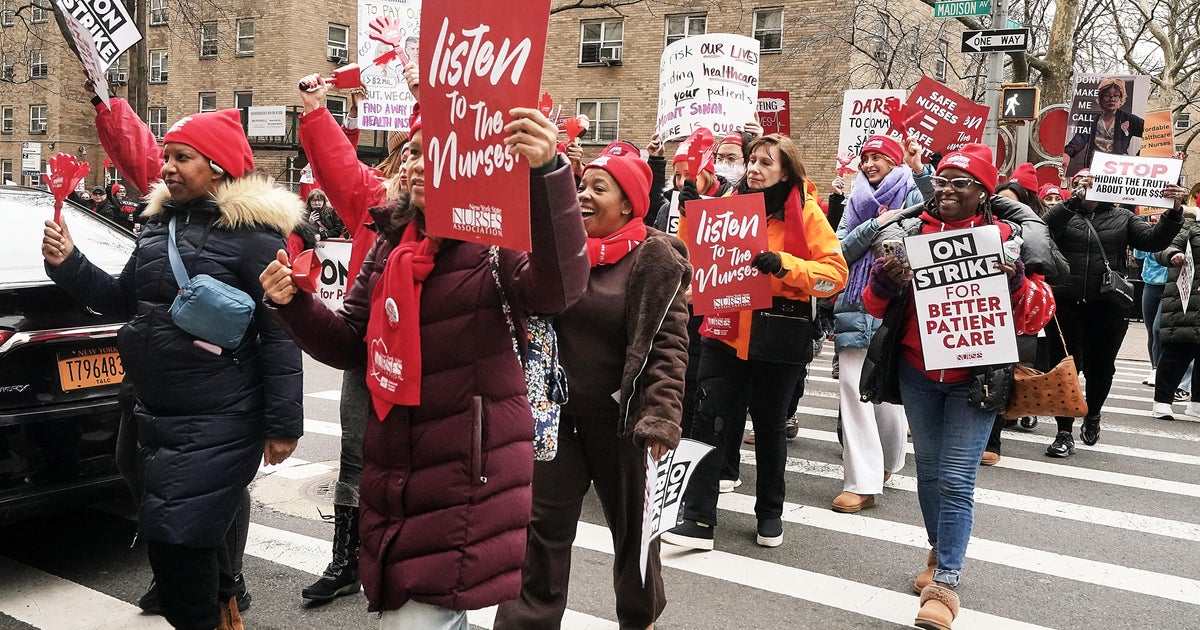Governor Abbott Orders Coronavirus Testing At All Texas Nursing Homes
AUSTIN, Texas (CBSDFW.COM/AP) - Gov. Greg Abbott on Monday ordered coronavirus testing for all Texas nursing home residents and staff after the White House urged the nation's governors to do so as deaths mount nationwide.
The directive by Abbott, a Republican, to state health officials came hours after Vice President Mike Pence, who leads the White House coronavirus task force, told governors on a video conference call that it was the federal government's strong recommendation to test all nursing home residents in the U.S. in the next two weeks.
It also came as San Antonio officials announced the first death of an employee at a nursing home that in April was struck by one of Texas' first major outbreaks. More than 100 people tested positive for the virus at Southeast Nursing and Rehabilitation Center, and 18 residents have died.
The employee was a woman in her 60s with underlying medical conditions, said Laura Mayes, a spokeswoman for the city.
More than 26,000 residents and staff have died from outbreaks of the virus at the nation's nursing homes and long-term care facilities, according to an AP tally based on state health departments and media reports. That is about a third of all 76,000 deaths in the U.S. that have been attributed to the virus.
Texas has more than 39,000 cases and at least 1,100 deaths related to the virus. State health officials Monday announced there had been an additonal 10,000 cases and 12 new deaths. The true numbers are likely higher because many people have not been tested and studies suggest people can be infected and not feel sick.
Gov. Greg Abbott has said he is focused on hospitalization rates that remain steady and infection rates that have dropped since mid-April.
Barbershops and hair salons were allowed to start reopening in Texas on Friday. Last week, restaurants and retailers in the state were allowed to begin reopening with limited capacity.
For most people, the coronavirus causes mild or moderate symptoms, such as fever and cough that clear up in two to three weeks. For some, especially older adults and people with existing health problems, it can cause more severe illness, including pneumonia.







